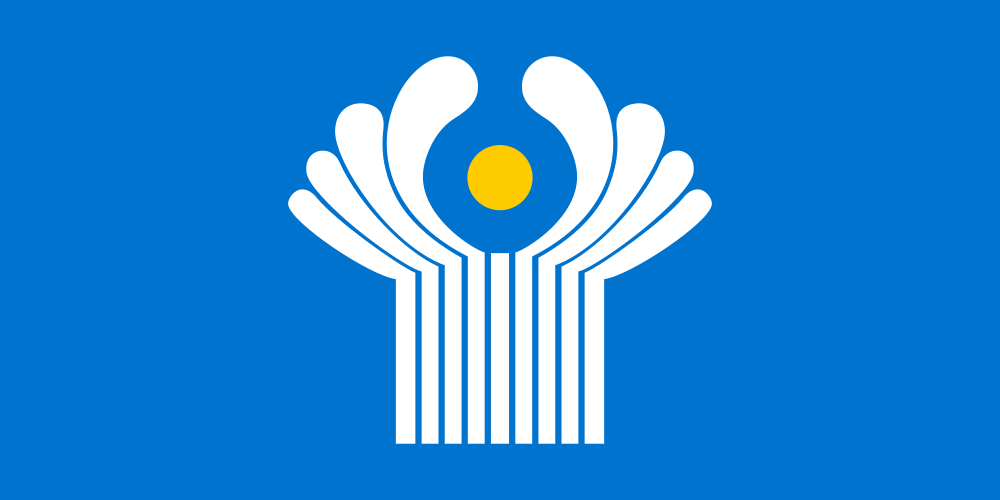General Information
The CIS was founded on December 8, 1991, by the leaders of the Belarusian SSR, the Russian SFSR, and the Ukrainian SSR through the signing of the "Agreement on the Establishment of the Commonwealth of Independent States." On December 21, 1991, the leaders of Azerbaijan, Armenia, Belarus, Kazakhstan, Kyrgyzstan, Moldova, Russia, Tajikistan, Turkmenistan, Uzbekistan, and Ukraine signed the Almaty Declaration. This declaration marked the dissolution of the USSR and the establishment of the CIS, outlining the goals and principles of the organization. The organizational phase concluded on January 22, 1993, in Minsk with the adoption of the Charter of the Commonwealth of Independent States, which serves as the CIS's main guiding document.
Cooperation with Azerbaijan
Azerbaijan has established a free trade regime with all CIS countries (except Armenia), creating a legal framework for free investment. Information about Azerbaijan is regularly featured in the "Overview of the business environment, privileges granted to investors, free economic zones, industrial and scientific and technical parks in the CIS member states." Reviews of Azerbaijan's trade policy are conducted regularly, with the latest review completed in 2020 and posted on the CIS’s official website. Additionally, the Ministry of Economy prepared an overview of the small and medium-sized business landscape in Azerbaijan in April 2019, which was submitted to the CIS Executive Committee.
Since the onset of market economy reforms, Azerbaijan has made significant strides in developing antitrust policy as a core component of its economic strategy. These efforts have led to the creation of an antimonopoly authority, the liberalization and de-monopolization of the economy, and the restructuring and privatization of state assets. These initiatives have been vital in fostering a market economy founded on free enterprise and fair competition. In this context, the State Service closely collaborates with the CIS Executive Committee and the Secretariat of the Interstate Council on Antimonopoly Policy. Notably, the 36th meeting of the Interstate Council on Antimonopoly Policy of CIS states was held in Baku on June 21-22, 2015.
The Interstate Council for Standardization, Metrology, and Certification is a CIS intergovernmental organization responsible for policies related to these areas. The main operational body of the Interstate Council is the Bureau of Standards and Regional Information Center supported by the expert group. The Interstate Council is recognized as a regional standardization body by the International Organization for Standardization (ISO) (ISO Council Decision No. 26/1996).
Since gaining independence, Azerbaijan has actively participated in annual leadership meetings and working group sessions as part of its cooperation with the Interstate Council.
Azerbaijan has also established cooperative relations with the CIS Executive Committee for conducting expertise on determining the country of origin of goods, enhancing national legislative documents, developing international treaties and agreements, and preparing new draft documents. On November 20, 2009, at the Council of Heads of State meeting in Yalta, Azerbaijan signed the Agreement on "Rules for Determining the Country of Origin of Goods in the Commonwealth of Independent States." These rules, integral to the bilateral free trade agreements Azerbaijan has signed with CIS countries, facilitate the free movement of products, allow for customs concessions, and eliminate customs duties on Azerbaijani goods imported into CIS member states. This agreement has provided an additional incentive for the export of Azerbaijani products.





